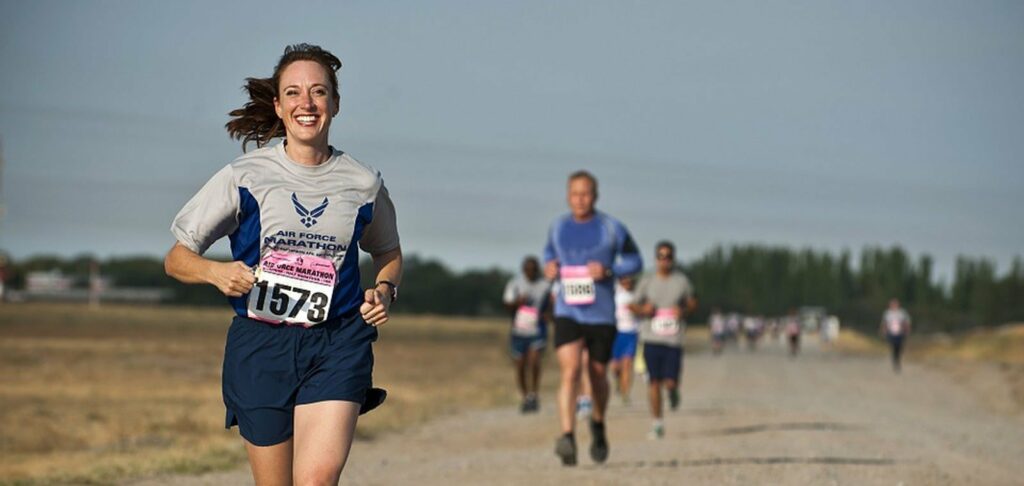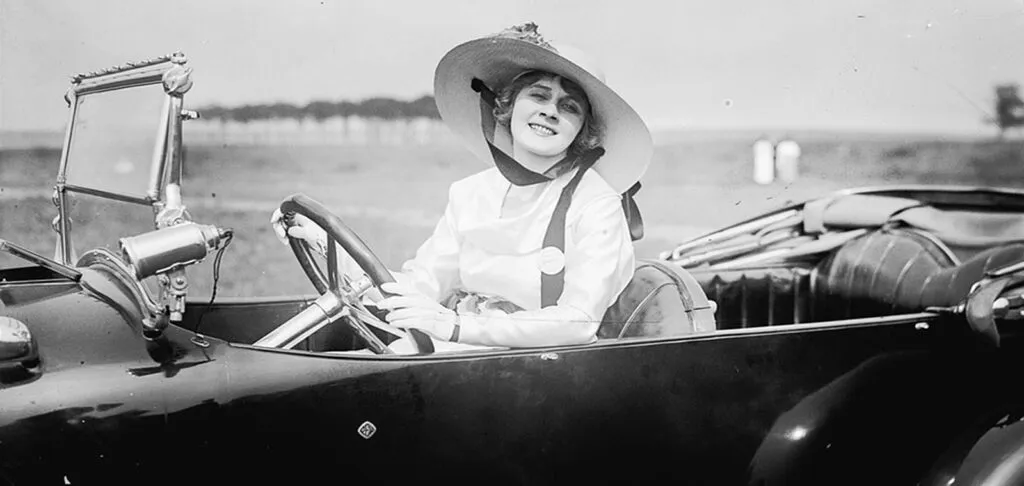
What is runner’s euphoria?
Runner’s euphoria ( runner’s high) is a special type of sensation during prolonged continuous cyclic exertion, usually against a background of rapid breathing. It is most often experienced by marathon runners, skiers, rowers and cyclists. It is manifested by a sudden feeling of joy, an emotional high. On the background of an elevated mood, pain, fatigue, hunger are dulled, a second breath is opened – self-confidence and additional energy appear. In some cases, athletes become addicted to euphoria, which makes them set records: increase the pace, increase the distance. The point is that the characteristic feature of runner’s euphoria, which makes it similar to taking narcotic substances, is the tolerance syndrome. In the case of constant intensive training, the exertion, which previously caused a feeling of happiness, ceases to produce such an effect.
What is the nature of the phenomenon?
The debate about the nature of euphoria has been going on since the 1970s. One of the first versions was the theory of oxygen deprivation. It turns out that during prolonged physical exertion with superficial rapid breathing the brain experiences oxygen deficiency, which can provoke changes in the perception of reality. A similar phenomenon – high-altitude euphoria – is observed in mountain climbers at altitudes where the partial pressure of oxygen is reduced, which leads to hypoxia.
Runner’s euphoria in marathoners
According to a number of scientists, the appearance of an unusually high mood is associated with a powerful release of endorphins. In general, this hypothesis was confirmed by the experiment of German scientists who measured the level of these “happy hormones” in athletes before and after the race. It turned out that after two hours of continuous running their amount in the blood increases about five times. However, a number of studies refute this theory.Thus, Canadian scientists injected runners with naloxone or naltrexone, blocking the action of endorphin, but the signs of euphoria in the subjects did not disappear. Obviously, the mechanism of the phenomenon has a more complex biochemical nature. Scientists from the British University of Nottingham have linked the euphoria of a runner to the release of phenylethylamine – a natural analog of amphetamine produced by the body. And researchers from the Georgia Institute of Technology (USA) found a correlation between pleasure from running and endocannabinoid anandamide – a substance similar in action to marijuana, which is formed in the body to overcome stress and pain.
How do you get pleasure?
The portal wikihow.com, which specializes in compiling various guides and instructions, states that a 40-minute workout is enough to achieve runner’s euphoria. It is better to start jogging at a slow pace to stretch out. Then you should sharply increase the speed, but after a few minutes you should slow down again. This will allow you to recover your breathing and give your legs a rest, while all the physiological processes necessary for euphoria are already started. It is best to run to music to maintain a steady rhythm. You should never switch to walking or stop to catch your breath. At some point, you are likely to experience a sudden burst of energy. As soon as this happens, increase your speed dramatically and euphoria will set in. The faster you run, the more pleasant the sensation. They reach a high point soon enough and then gradually diminish. As the euphoria fades, you should reduce the pace of the exercise. Afterwards, you should recover your breath and drink water.



